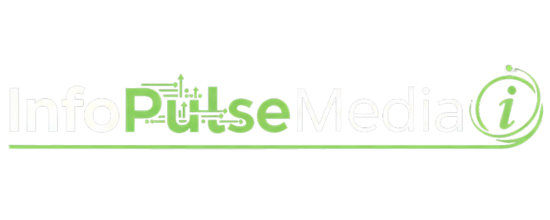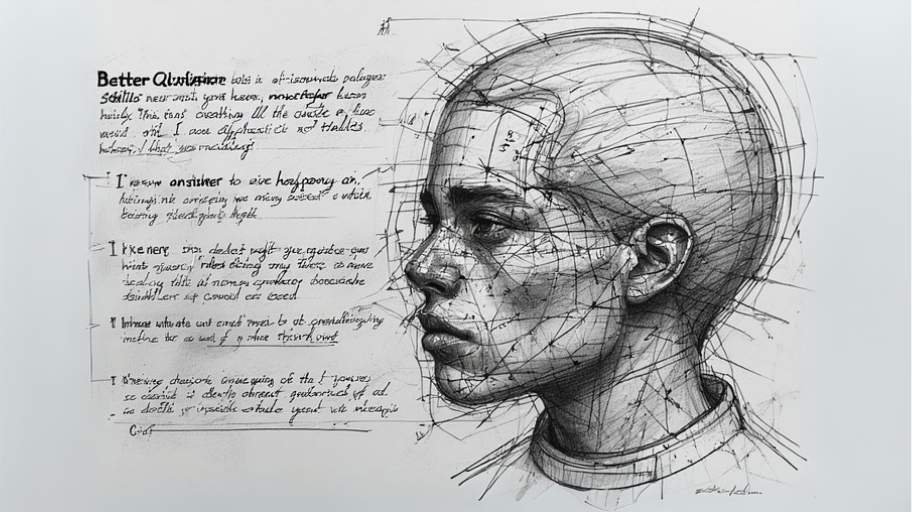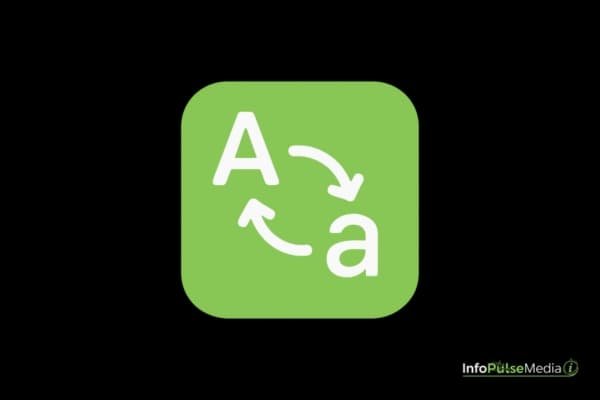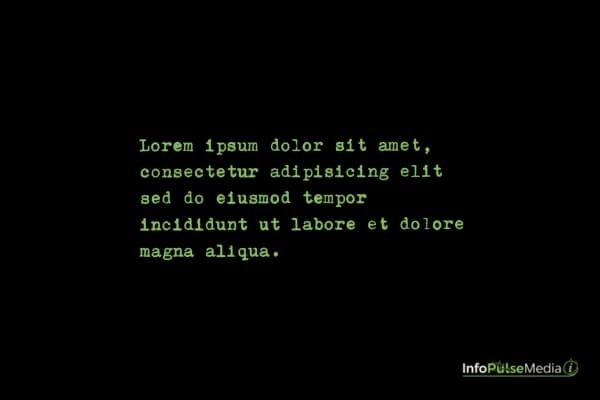You want to learn more, asking better questions beats memorizing tips. Good questions make people explain themselves, and when someone explains things out loud you spot gaps, assumptions and useful detail. The posts you gave me keep repeating the same simple idea: listen first, stay curious, and structure your questions so they make thinking visible.
Start from here: when you ask, try to find how someone reached an answer, not just what the answer is. That small shift makes conversations useful for learning.
What All the sources i saw all agree on
Most people in the sources we reviewed say three things over and over.
First, listen. Try to listen more than you speak and i will tell you why. If you don’t listen, you will miss the chance to ask a follow-up question that matters.
Second, be humble – assume you might be wrong. One commenter put it bluntly: whatever you think, assume you could be wrong and ask how you would check that.
Third, practice. Asking better questions is a skill. It improves when you pay attention to how people answer and then ask a better next question.
Those three rules show up in slightly different ways in the threads. Some people talk about the Socratic method and reading Plato. Others talk about cold-call techniques, mini whiteboards, or giving wrong answers on purpose so learners can explain why the answer is wrong. They are all strategies for the same goal – surface thinking so it can be improved.
Use these today
Don’t try to change everything at once. Try one habit and make it automatic.
One habit that helps more than anything else – after someone answers, ask just one follow-up:
Why do you say that?
or
How did you get there?
That one line forces people to show their steps. If they skip a step, you found a learning moment.
Another useful move- add a little waiting time. Ask the question and count to two or three in your head. People need that pause to think. You’ll get better answers and fewer guesses.
Also, try playing the stupid in the room card. Ask the basic questions you’re actually curious about. It opens the conversation. Many people in your sources said being willing to ask simple or apparently dumb questions often creates the best teaching moments.
Question types
You don’t need a giant taxonomy. Learn a handful and use them depending on the goal.
| Type | Use it when | Example |
|---|---|---|
| Open – invites thinking | You want reasoning or ideas | How did you decide on that approach? |
| Probing – pulls out the detail | You need specifics | Who told you that and what exactly did they say? |
| Funnel – start broad, narrow down | You want context then facts | What happened? Who was there? When did it start? |
| Clarifying – lock the facts | You need to confirm responsibilities or dates | So you’ll deliver the draft Friday – is that right? |
How to phrase questions so people answer well
Use “how” and “why” when you want reasoning.
Use “what exactly”
or
“who specifically” when you want detail.
If someone gives a vague answer, try: Can you give an example? or something like What would count as proof for that?
That last one – asking for evidence – was recommended in the threads and in the longer advice about critical thinking. It forces the answerer to link words to things that can be checked.
If you want to challenge an idea gently, say: Help me see how this handles X
or
What would have to be true for this to fail?
That keeps the conversation curious rather than combative.
Classroom and group moves
Practical tricks people shared like: get everyone to respond instead of the same few people. Mini whiteboards, pointing directions for multiple choice, or having everyone write and then share get more brains working. Another useful teacher trick – put a clear wrong answer on the table and ask why it’s wrong. That gives learners a safe way to analyze thinking without feeling attacked.
Cold call can work if it’s done fairly – tell people the rules, give thinking time, and don’t embarrass anyone. Pair talk – ask two people to discuss and then pick one to report – gets quieter students contributing.
What to practice if you want to get faster at learning
Several sources pointed out that fast learning is less useful than becoming a consistent and reflective learner. That said, certain habits speed up useful learning. Learning simple logic or common cognitive biases so you get a chance to spot a weak argument. Also taking notes and summarize what you heard in your own words. After that ask 1 or 2 questions that test what you summarized. That loop – listen, summarize, test – will helps you build reliable understanding.
Some people recommended books and resources. From your sources: Humble Inquiry, A More Beautiful Question, Crucial Conversations, and Thinking, Fast and Slow are mentioned often. They help with curiosity, structure, and the psychology of thinking.
Sharp tips
Tips from (real people in reddit) after researching more then 7 sources this what i got in terms of sharp tips.
- “Assume you’re wrong. How would you check that?” – this flips the mindset from defending to discovering.
- “Ask the stupid question.” Being willing to seem naive gets you clearer answers.
- “Ask ‘what would count as proof?’” Forces evidence over opinion.
- “Start with the answer first when speaking to leaders” – good for summaries: give the conclusion, then the short reasons.
- “Let silence do the work” – pause after asking so people can think.
Where people disagreed
Some commenters pushed starting with high-level conclusions (the Pyramid approach) while others emphasized digging into details and asking many follow-ups. Both are useful – use the pyramid when you need to report or persuade, use probing and funnel questions when you need to learn how something works. In short – match the method to the goal.
Another split: some said cold-calling is great; others warned about behaviour and fairness. The rule is don’t use cold-call to shame. If you want engagement, combine think time with a fair selection method so you get both focus and inclusion.
How this helps you
When you ask someone to explain their steps, or to give an example, or to specify what would prove them right, you convert vague claims into testable statements. That makes knowledge stick. It also turns conversations into mini-experiments – you try an idea, test it, see what fails, fix it.
And when you make a habit of asking “what would count as proof?” you stop collecting opinions and start collecting evidence. That’s the difference between sounding informed and actually understanding something.
FAQs
Q1 – What if I’m afraid of asking ‘dumb’ questions?
Most people in your sources said the same thing – ask anyway. Pretending to understand wastes time. If you feel nervous, frame the question as curiosity: “I’m trying to follow this – can you explain how X leads to Y?” That signals learning, not judgment.
Q2 – Which question type should I learn first?
Start with open and probing. Open questions get reasoning. Probing pulls out the specific facts you need to test that reasoning. Between the two you’ll cover most situations.
Q3 – How do I get quieter people to answer?
Use think time, pair-share, mini whiteboards, or anonymous written answers. Don’t rely on volunteers only. A fair selection method – or asking everyone briefly – gets wider participation.
Q4 – How can I tell whether I’m asking good questions?
Listen to the answer. If it sparks explanation, new examples, or leads to follow-up thinking, it was good. If the reply is a guess or a shrug, you probably asked too vaguely or too fast.
Q5 – Are there books or resources worth reading?
Yes – people recommended Humble Inquiry, A More Beautiful Question, Crucial Conversations and books on critical thinking and logic. Also read sample interviews (radio/podcast hosts) to watch how skilled interviewers listen and follow up.
Want something simple to try? After someone answers, ask ‘How did you get there?’ and wait two seconds. That one move will make most conversations more useful.




